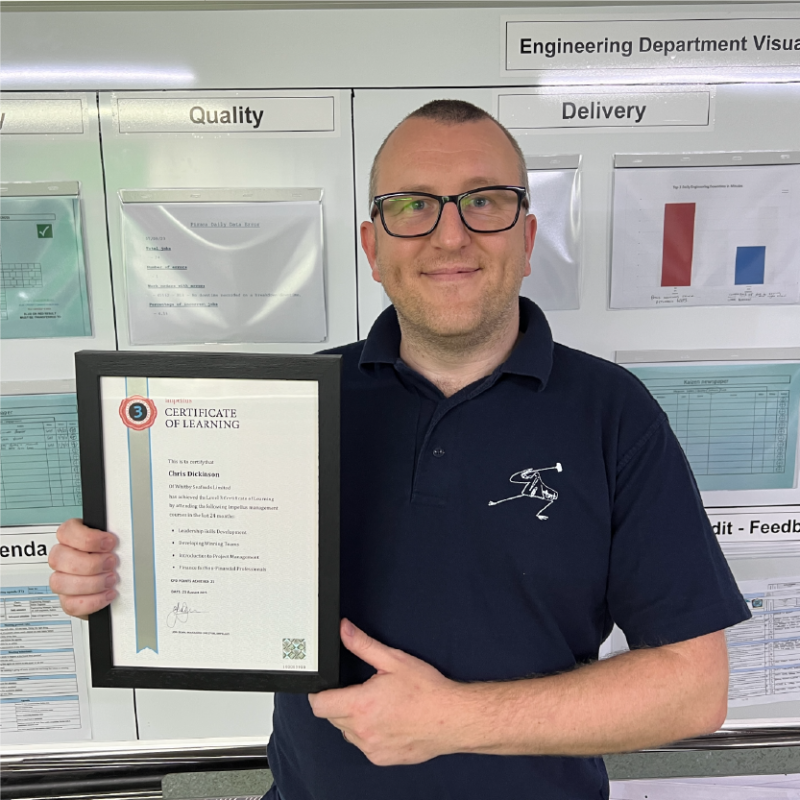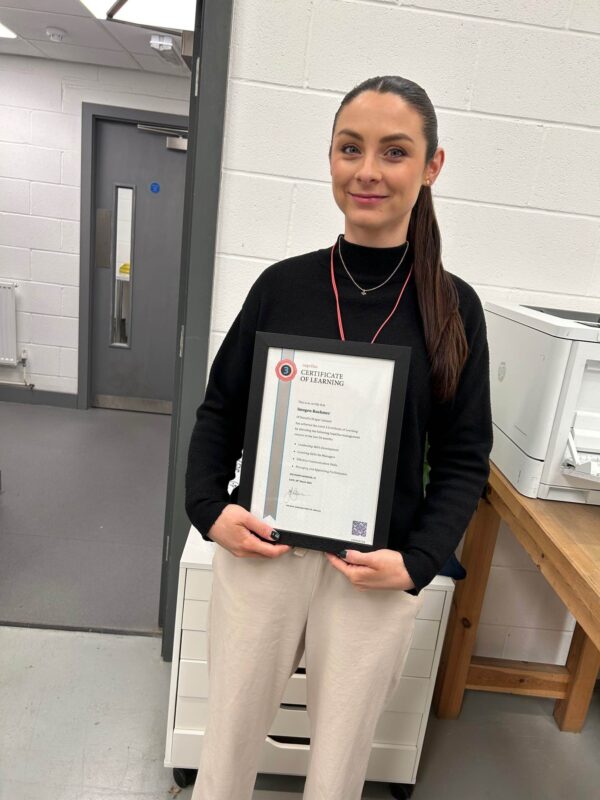How to ensure you maintain focus on the most valuable tasks
If you are like me, there are never enough hours in the day to complete everything on the ‘To Do List’. When you’ve had a particularly disrupted day, have you ever found yourself adding something to the list at the end of the day just so you have the satisfaction of crossing one task off? We can easily find ourselves too entrenched in everyday operations to realise that the key resources of our people and our time are being under-utilised.
So, how can you be more productive and efficient? Below we list our top five Time Management tips which will help you feel more in control of your time and improve your work life balance. If you are a manager of people, you should also find increased engagement across your team.
Our top five Time Management tips:
1. Schedule your work
It may seem logical, but you know when you work the best. I am definitely at my sharpest and most productive in the mornings. I try to knuckle down and complete the biggest tasks before I take a break for lunch. Where possible, I try to avoid getting distracted by emails and social media alerts during this time, although that’s not always successful.
We suggest that you aim to start the day with a plan or list of what you’d like to achieve that day and allow time for interruptions and unexpected meetings, calls, etc. Keep the tasks that require the most concentration for when you work the best.
2. Keep in mind your organisation’s mission and objectives
Our roles can be very complicated nowadays with the intrinsic ties to operating systems and technology, as well as the challenges of managing relationships with people within and outside of the organisation. It’s easy to get distracted with demands and deadlines and lose focus on the overall goals.
Your role and personal objectives will be aligned to your organisation’s mission and objectives. So, keep these in mind and you may need to reset your priorities from time to time to ensure you and your team keep focused on the key tasks to achieve these targets by half-year or year-end.
3. Re-evaluate why you are employed
This is not as flippant as it may at first sound. Often our job within an organisation can be defined by just a few roles. These could be:
- Leadership and management
- Win new business
- Product production
- Distribution
- Customer management
- Quality control
Re-evaluating the purpose of your role and those of your team will help you sort the wheat from the chaff and enable you to prioritise those tasks and responsibilities that are most valuable to your organisation. The other things that you’ve been asked to do can then be pushed further down the list for a quieter time.
4. Complete a value based prioritisation exercise
To make your time as significant as possible, we suggest completing at least one of the following exercises, but preferably both.
a) How much is your time worth?
Time is money. Have you thought about the value of your time in relation to your earnings? By working out your worth per hour, you can decide how many multiples of an hour you think any given task or project is worth. Dedicate that number of hours to it, but no more.
b) Defining importance and urgency
Often the most important and urgent tasks are the most daunting to us, so we procrastinate starting them. It’s easier to focus on lesser important things, as they are probably quicker and easier to do. By analysing the true urgency and importance to your organisation, you can prioritise what needs to be done in the short term and regularly:
– Urgent is something that has an imminent deadline
– Important is something that is of high value or impact in relation to your key roles and so will have a long-term effect on you, your department and your organisation.
With this categorisation in mind, you may wish to complete a prioritisation grid to re-allocate your attention to the high-value tasks and push the medium and lower value worth further down the priority list. The grid below is an example used by Impellus in its leadership and management training courses that enables delegates to identify the activities that have the highest percentage of worth and that they therefore need to do more of. Those with medium and low percentage worth can be done later, delegated or, potentially rejected.

5. Delegate to maximise your time and empower your team
As a line manager you will understand the importance of delegation for you and your team’s personal development. Delegation is a key tool to increase employee engagement and motivation and is vital for empowering your line reports and developing their skills. It also frees up some of your time to concentrate on the most valuable activities that you have identified in your prioritisation grid (above).
If you’ve carried out steps 3 and 4 above, you will be confident of the most suitable people in your team for delegation. Initially you may need to steer, train or mentor them to get the job done, but in the long term greater trust will be instilled between you.
And, if you are not a line manager, our fifth tip is to you allow yourself some space and reflection time on a regular basis. It helps you keep things in perspective and will ensure you remain focused and sharp. The CIPD’s Employee Outlook Autumn 2016 shows that 38% of employees achieve the right balance between work and home life – which means that 62% don’t…..
‘I said I did not have time, but to what did I give the time, and was it a fair exchange?
Muriel Strode, My Little Book of Life, 1912























